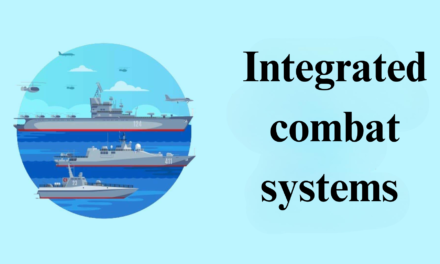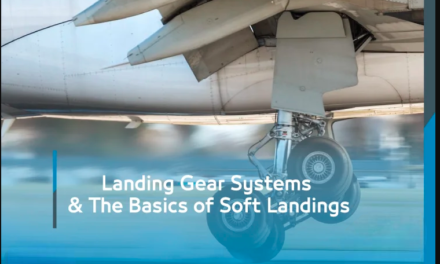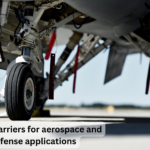Artificial Intelligence (AI) is transforming airline operations and scheduling by enabling smarter, more efficient, and data-driven decision-making. Here’s how AI is optimizing these areas:
1. Dynamic Flight Scheduling
- Predictive Analytics: AI models analyze historical data, weather patterns, and demand trends to predict peak travel periods and optimize flight schedules.
- Real-Time Adjustments: AI-powered systems can dynamically adjust flight schedules in real-time in response to delays, cancellations, or sudden demand shifts, minimizing disruptions.
2. Demand Forecasting
- Passenger Demand Prediction: Machine learning (ML) algorithms process data on bookings, seasonality, and external factors (e.g., holidays, events) to accurately predict demand for specific routes.
- Route Optimization: AI helps airlines add, remove, or adjust routes based on profitability and demand forecasts, improving load factors and reducing operational waste.
3. Crew Scheduling
- Automated Crew Rostering: AI algorithms consider factors such as crew availability, qualifications, legal regulations, and preferences to create optimal schedules, reducing errors and ensuring compliance.
- Disruption Management: During disruptions, AI quickly reassigns crew members, ensuring minimal impact on operations and adhering to regulatory limits.
4. Maintenance Scheduling
- Predictive Maintenance: AI-powered predictive analytics monitors aircraft performance data to anticipate maintenance needs before failures occur, reducing downtime and enhancing safety.
- Optimized Maintenance Windows: AI identifies the best times for scheduled maintenance, aligning with flight schedules to minimize operational interruptions.
5. Fuel Efficiency and Route Planning
- Optimized Routing: AI algorithms process real-time weather, air traffic, and wind data to recommend fuel-efficient flight paths, reducing costs and emissions.
- Fuel Consumption Prediction: AI models analyze factors such as aircraft type, load, and weather to predict and optimize fuel consumption for each flight.
6. Disruption Management
- Real-Time Decision Support: AI systems analyze the impact of disruptions (e.g., weather, technical issues) and suggest recovery strategies, such as rebooking passengers or rerouting flights.
- Passenger Communication: AI chatbots and systems provide real-time updates to passengers, enhancing the customer experience during disruptions.
7. Revenue Management
- Dynamic Pricing: AI uses demand forecasting and competitor analysis to implement dynamic pricing strategies, maximizing revenue through optimized ticket prices.
- Ancillary Revenue Optimization: AI identifies passenger preferences to suggest personalized offers, such as baggage upgrades, seat selections, or in-flight services.
8. Airport Operations Integration
- Gate Assignment: AI ensures optimal gate assignments based on aircraft type, turnaround times, and passenger connections, reducing delays and congestion.
- Baggage Handling: AI-powered systems track baggage movements and predict potential bottlenecks to streamline operations.
9. Passenger Flow Management
- Queue Optimization: AI analyzes passenger flow data at security checkpoints and boarding gates to optimize staffing and reduce wait times.
- Personalized Notifications: AI-driven platforms send personalized updates to passengers about boarding times, gate changes, and connection details.
10. Environmental Impact Optimization
- Carbon Footprint Reduction: AI models analyze flight data to suggest operational changes that minimize emissions, such as using sustainable fuels or optimizing takeoff and landing procedures.
- Eco-Friendly Scheduling: AI identifies underperforming routes and suggests consolidation or use of fuel-efficient aircraft.
Benefits of AI in Airline Operations
- Enhanced Efficiency: AI reduces operational inefficiencies, saving time and costs.
- Improved Customer Experience: Passengers benefit from smoother operations, timely communication, and personalized services.
- Cost Savings: Optimized fuel consumption, crew utilization, and maintenance scheduling reduce operational expenses.
- Sustainability: AI helps airlines reduce their environmental footprint through smarter resource management.
Challenges and Considerations
- Data Integration: Ensuring compatibility and integration across different systems and data sources.
- Regulatory Compliance: Aligning AI-driven decisions with aviation regulations and standards.
- Cybersecurity: Protecting AI systems from cyber threats to maintain operational integrity.













